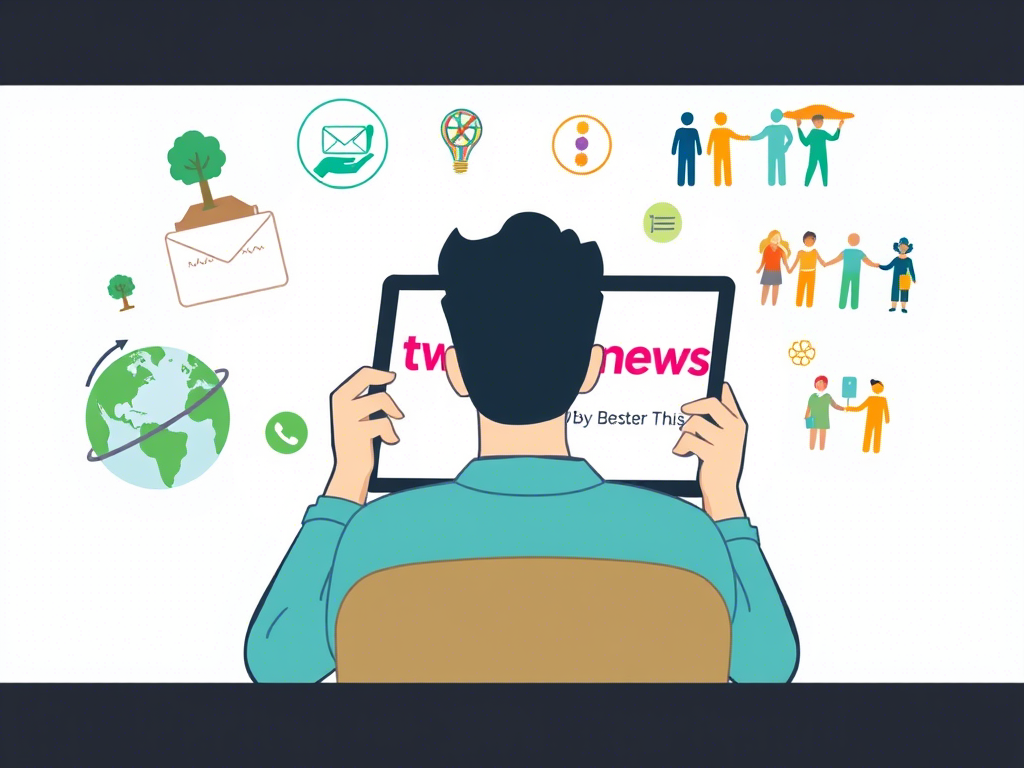
Can you save up to 60% by switching from your current landline setup? The advantage of this is that your remote teams will be able to use your reliable business phone system from anywhere in the world.
The benefits of switching from a Public Switched Telephone Network (PSTN) configuration to a modern IP phone system are more than possible. There are several factors to consider when choosing an IP phone system.
Describe The IP Phone.
Our traditional notion of a telephone system is that it consists of desk phones and a server room for receiving incoming calls. In order to connect servers to analog phones, you need a bunch of phone lines, causing a maze of cables throughout the office.
That problem can be solved with IP phone systems (or IP PBXs). The server is hosted in the cloud, thus no server room is needed at your office. Using an internet connection, you can accept incoming calls without worrying about copper wire mazes.
What Is The Working Principle Of An IP Phone System?
Whenever any incoming call is made, it will be forwarded to the virtual server hosted by your provider. An IP phone receives the data and then converts it to an audio file with your VoIP provider.
As usual, the transmission is done over the internet instead of via a cellular tower, so you’re still connected to the caller.

IP Phones Offer Several Benefits
Would it be worth it to switch to an internet-based, IP-based phone system instead of your current phone system? Let’s look at six factors.
1. The Setup And Maintenance Are Cheaper
A small business owner’s budget is perhaps the most important consideration. If you want business calls, you don’t want to spend a lot of money on them. IP phones are an ideal solution for this.
In two ways, IP Phone system Dublin is cheaper than traditional wired phone systems. First off, the new network does not require brand new equipment.
It only takes two things you already have: an internet connection and a softphone or handset that’s connected to the internet.
As a result, IP phone systems are less likely to require maintenance. Nothing can break, or the servers can overheat. Keeping an application up to date requires nothing more than keeping your VoIP provider informed.
2. They Have A Better Track Record
Wired networks are notoriously unreliable, as anyone who uses them will understand. If your desk phone or wires work only when you’re in a specific position, it may be temperamental.
That’s frustrating, isn’t it? With Internet-based phone systems, you can rely on only one thing: the internet. Thanks to flexible call forwarding, you can make calls even if the internet goes down.
By changing your phone’s settings, you can divert calls to a different handset that uses a different internet connection. Using a cell phone that is connected to 4G will not negatively affect your call quality. (For example, if your office Wi-Fi goes out, divert calls to your cell phone that uses 4G.)
Similarly, weather interferences, hardware malfunctions, and power outages can all affect performance. By diverting your calls to a voicemail box or cell phone, your IP phone system will always be online and accessible. It will never go down.
3. It’s Remotely Accessible
In our research, we found that more than 38% of companies have remote employees. As well as this, 88% of people working in business use their mobile devices for work communication at least once a week.
Remote workers benefit from IP phone systems. How so? You can divert calls from their device to their business cell phone number if they’re not in the office, due to the ability to add their cell phone numbers to your IP phone system.
Moreover, IMs and video conferencing enable collaboration if they work from home.
VoIP enables you to receive free text messages and make cheap phone calls online. If your company has many workers working from home — as is the case with a virtual contact center — you need an IP phone system.
4. IP Phone Systems Are Easy To Scale
Using a landline phone for conference calls? There will be an additional cost for hardware and connectivity. A telephone line will also need to be installed at every new employee’s desk by an engineer.
As for IP phones, this is not a problem. Adding the person to your online account and downloading the software to their device is as easy as calling your VoIP provider. You’re all set. Call centers especially will appreciate this. As your business expands, you always have to hire new agents. IP phone systems make that easy if they support multi-conference units (MCUs).




















